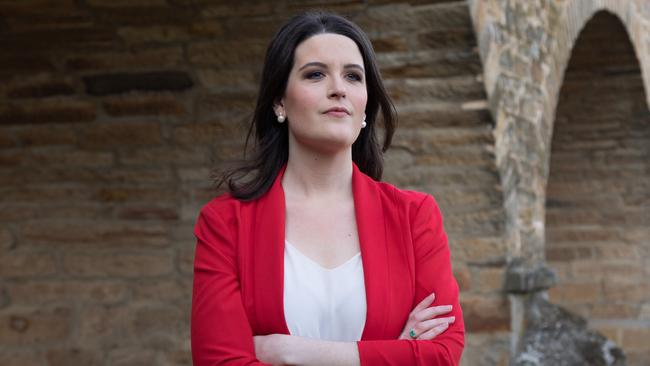
Incitement to hatred should never be tolerated but there are genuine concerns Tasmania’s anti-discrimination act shuts down public debate on a range of complex and difficult issues.
It does this by outlawing conduct that might “insult” or “offend”, giving such terms equal billing alongside actions such as “intimidate”.
By accepting the complaint against Chandler, commissioner Sarah Bolt confirms her remit extends to correspondence between two people, exposing just how far the act strays towards Orwellian Thinkpol (thought police).
If we can’t express genuinely held beliefs to one another, what have we become? If MPs can’t explain to constituents what they stand for, where does that leave democracy?
The Tasmanian act does include a defence for conduct “done in public … for any purpose in the public interest”. As free-speech protections go, it is seemingly well short of the Constitution’s implied right of political communication.
It appears this can be used only when a complaint is accepted and the onus of proof is on a respondent. There would be less concern if an exception was front-ended. Reform may be difficult to get past “progressive” upper house MPs, but there is nothing progressive about stifling free speech.




It doesn’t matter whether or not you agree with Claire Chandler’s views. The senator has a right to express those views, if honestly held, to a constituent who solicits them.